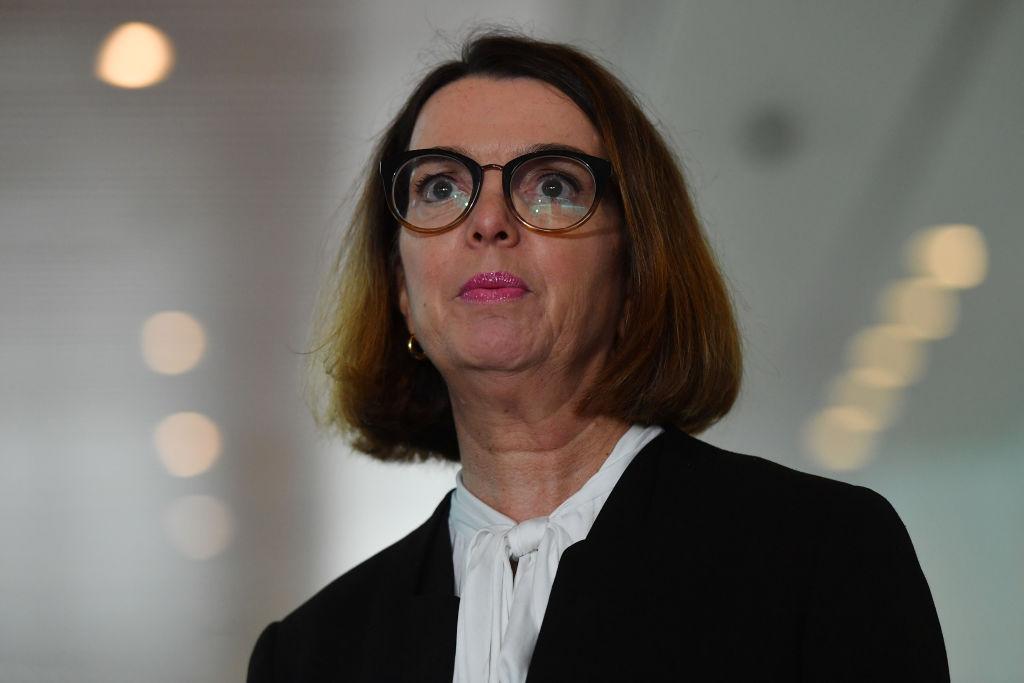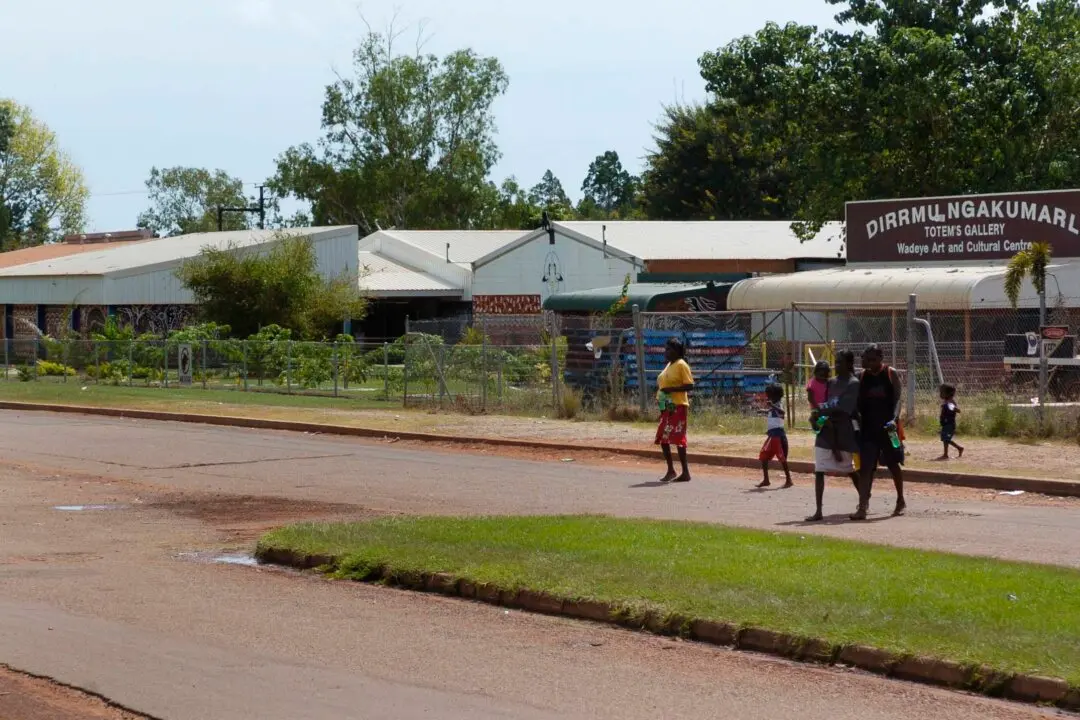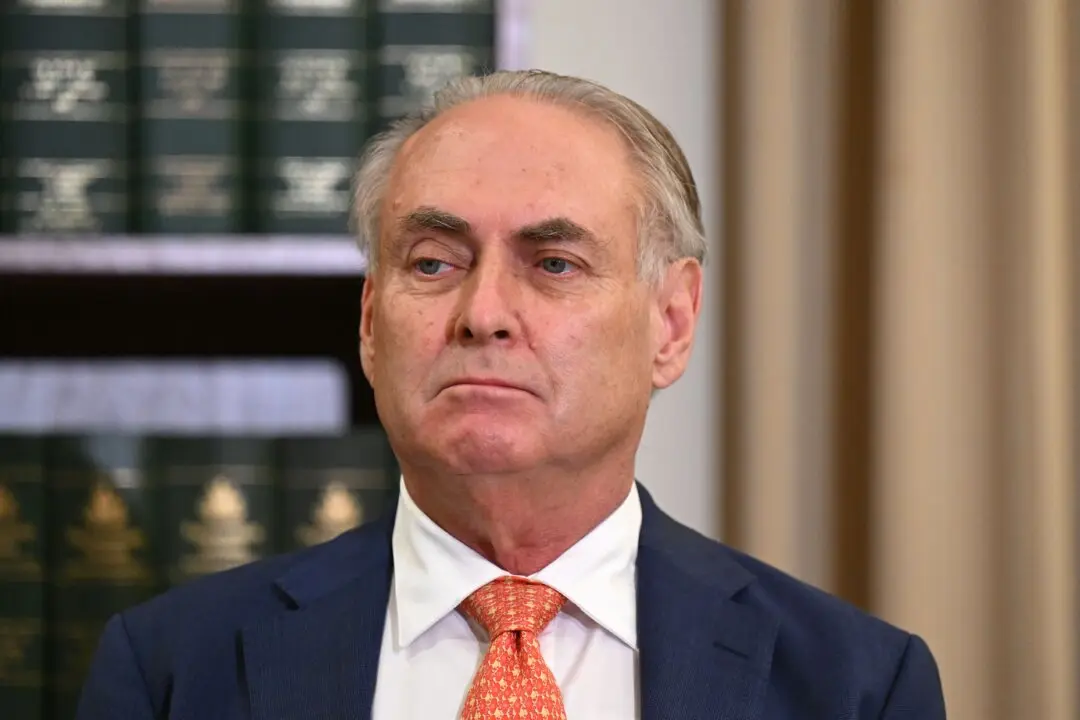The Morrison government has denied it about to permanently lift the dole payment when the Treasurer makes a long awaited economic statement next month.
News Corp newspapers, citing senior ministers, had reported the JobSeeker payment would rise to $75 per day from $40 when the present enhanced version of the unemployment payment ends in September.





